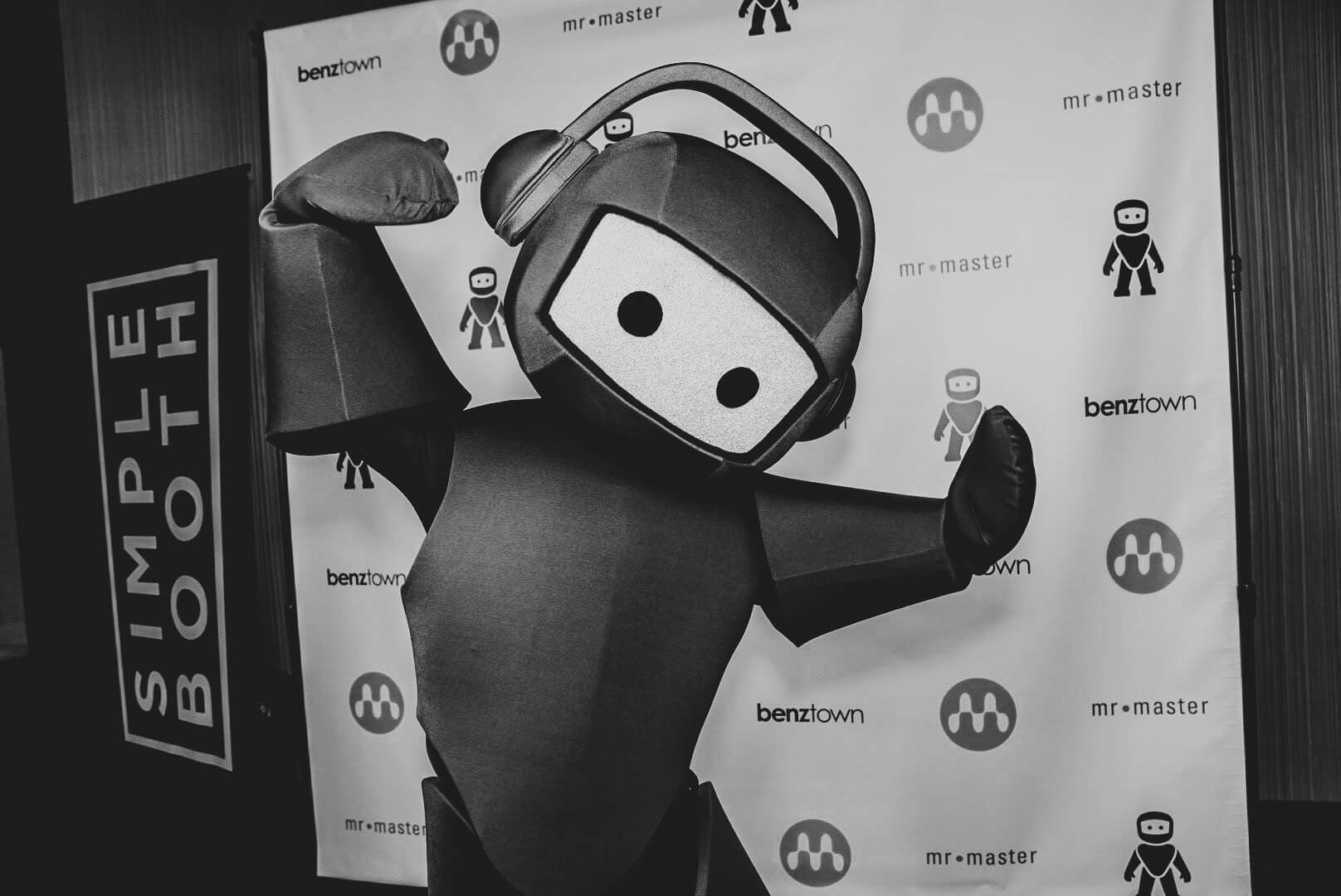Get your MASTERING on a new level or Meet Daniel…
Daniel is a good mate of my boy Dave and was introduced to me a while ago. After hanging with him in Stuttgart for a few hours discussing music and enjoying some old school swabian food I thought, this guy knows his stuff. How can we break it down for the radio production guy? How can we step our mastering game up with his expertise? Enter Daniel.
Daniel grew up in rural Devon, in the southwest of England and moved to the ‘big smoke’ for university, and never went back 🙂 He lived and worked in London for 12 years and is now based in-between Bristol and Berlin. He studied Music Technology at the Kingston University in London, was assistant mixing engineer at the Berwick Street Studios in London and is now a Mastering Engineer for EMI, Sony and more.
1. What is your daily bread and butter? Editing and mastering albums for various production music companies.
2. How can I as a radio producer improve my mix and mastering? Are there any simple techniques? Use bandpass filters to tightly control each element in the mix. Pay close attention to the mid and sides of each element using something like bx-digital EQ. Overall this will result in a clearer more powerful mix, which can be pushed harder into the limiter at the end.
[soundcloud url=”https://api.soundcloud.com/tracks/178558503″ params=”color=ff5500&inverse=false&auto_play=false&show_user=true” width=”100%” height=”20″ iframe=”true” /]
This loop for example has quite a deep but indistinct bass end, which sucks up a lot of energy but at the same time is lost on smaller speakers.
 I’ve used 2 HPF filters – one on the side channel which effectively puts the bass into mono right up to about 150Hz, and the other which rolls off the deepest frequencies completely. In addition, the upper harmonics of the bass have been boosted for added ‘slam’ or impact on both small and large speakers. The net result is that the kick and bass are overall tighter, more audible, while at the same time the track can be pushed harder into a limiter because it makes more efficient use of the frequency range.
I’ve used 2 HPF filters – one on the side channel which effectively puts the bass into mono right up to about 150Hz, and the other which rolls off the deepest frequencies completely. In addition, the upper harmonics of the bass have been boosted for added ‘slam’ or impact on both small and large speakers. The net result is that the kick and bass are overall tighter, more audible, while at the same time the track can be pushed harder into a limiter because it makes more efficient use of the frequency range.
3. What standard PlugIns do you recommend to improve the mastering sound? A good transparent limiter is important – eg. Fabfilter Pro L. For ultimately high levels, consider a multi-band compressor such as the Ozone.
4. What are the biggest mistakes in terms of Mastering? Too much low-end is quite common – ultimately this will make your mixes sound quieter in broadcast, as the compression will push the entire mix down to compensate for the bass!
5 .Tell me 5 things make my mix sound bigger (thats what we radio people always want :))?
• Tightly controlling the bass frequencies – filter sharply to ensure no wasted energy in the low end.
• Careful use of the side channel – add extra width for immersion, but don’t overdo it!
• Listen to your mixes on the kind of systems your audience will. Eg. laptop speakers, kitchen radios, cheap hifis etc. Don’t forget how important the Midrange is when mixing – quite often this is all the audience are going to hear.
• Don’t overcompress – too little dynamics just has the reverse effect and makes things sound smaller. Consider parallel or upward compression.
• Don’t over-brighten – on smaller systems results in ‘tinniness’.
6. What is your favorite piece of gear? Right now it would have be the Thermionic Culture Pheonix (M+) – creamy loveliness, specifically for mastering.
7. How can i train my ears for sound? Time spent listening, analysing and comparing is really the only way! Becoming intimately familiar with a solid reference (speakers + room) which you know translates well to audience environments.

8. Best studios you worked in ? Stories, legendary environment / gear? Working at the EMI studios was always fun, old-school gear, and great characters to be around. Working with 1/4″ tape is a particular hands-on joy everyone should try, given the chance.
9. Any business advice for youngsters? How do i get into the business? Its about being in the right place at the right time, and having the right attitude! Therefore, maximize your chances by attending any industry events, getting to know industry figures, building relationships and friendships while being prepared to make sacrifices for a while. Having genuine enthusiasm and passion for your craft is compulsory.
Thank you for this interview Daniel!
;)